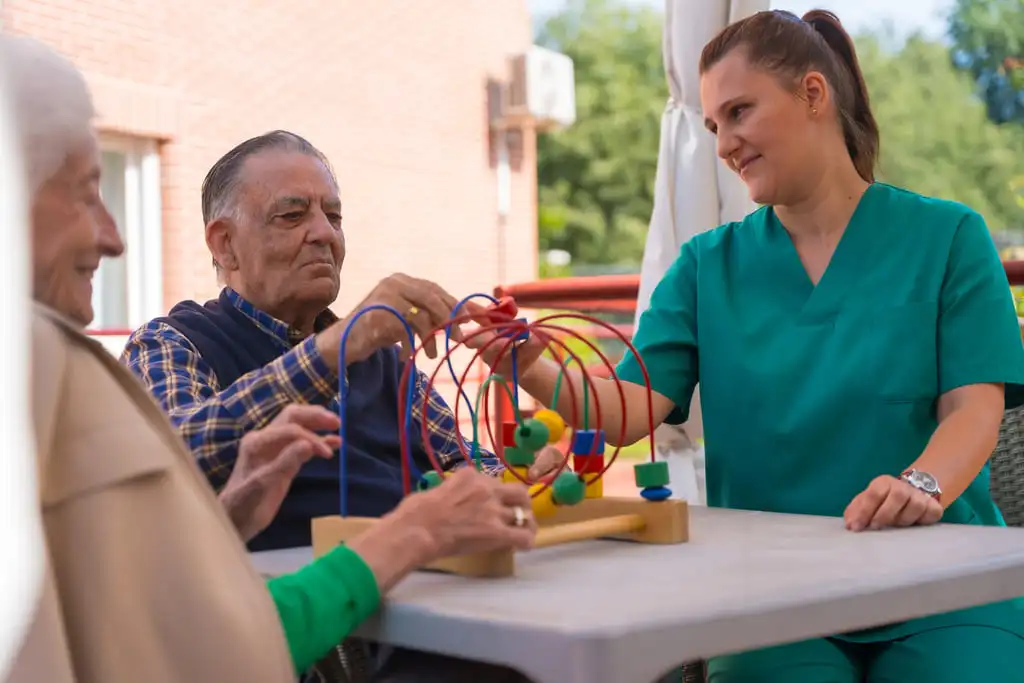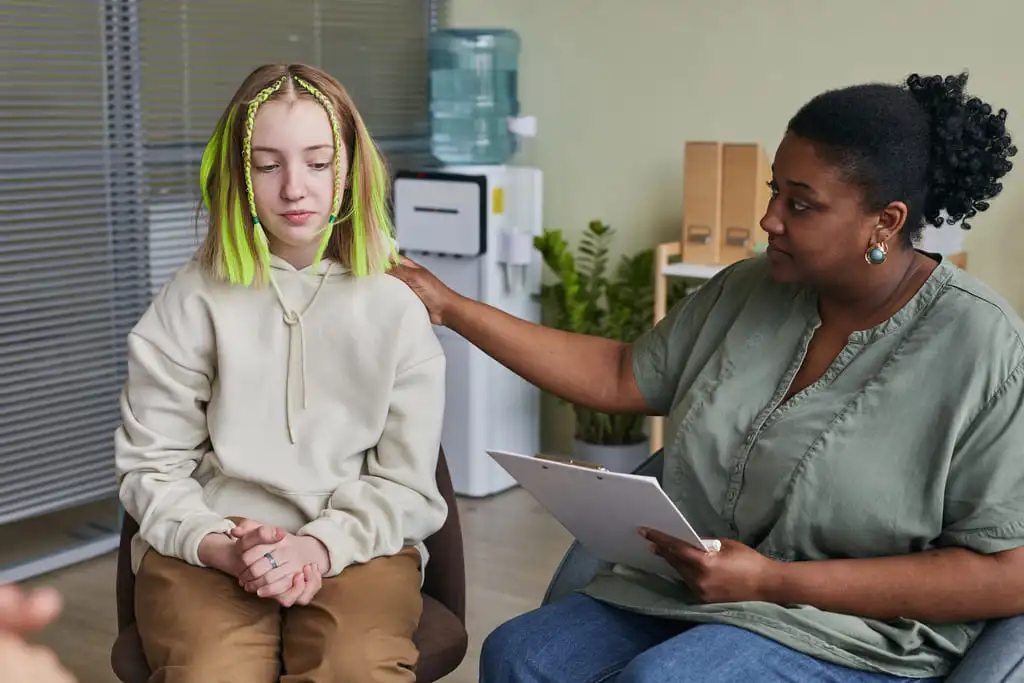AuDHD Traits
Navigating life with AuDHD requires understanding the common symptoms and traits of both autism and ADHD, including the unique set of challenges and strengths. For example, autistic people often lean towards forming routines, preferring predictable and consistent actions and events. On the other hand, people with ADHD often thrive in environments where there is an open chance for variety and stimulation. AuDHD presents a combination of autistic and ADHD traits, but everyone has a unique experience.
Some of the most common traits of AuDHD include:
- Difficulties with focus
- Impulsivity
- Difficulties sustaining planning
- Social challenges
- Analytic and lateral thinking
- Emotional dysregulation
- Sensory challenges
The overlapping symptoms highlight the need to create proactive and personalised support strategies to help people thrive.
Cognitive Behavioural Therapy (CBT)
Cognitive behavioural therapy is a goal-oriented, structured form of psychotherapy that consistently shows efficacy in supporting people with AuDHD. The foundation of this therapy lies in its ability to help people identify and modify negative thought patterns that may pose challenges in daily functioning.
For example, people with AuDHD may focus on improving self-regulation, developing coping mechanisms and enhancing organisational skills. By setting goals and engaging in problem-solving activities, people can learn to tackle their challenges more effectively and gain greater control of their lives. Additionally, social stories and role-playing methodologies can enhance people’s ability to engage with others and improve their confidence in social interactions. Cognitive behavioral therapy helps people develop flexible thinking and enhances the overall quality of life.
CBT offers unique opportunities for early therapeutic intervention. The relationships build on understanding and empathy and create a safe space for people to express their feelings and thoughts.
Applied Behaviour Analysis (ABA)
Applied Behaviour Analysis is another form of therapy that focuses on understanding behaviour through the principles of learning theory. Initially, it was developed to support children with autism spectrum disorder, but it evolved to address other challenges, such as attention deficit hyperactivity disorder.
The core of ABA focuses on using positive reinforcement and encouraging positive behaviours while reducing the ones that may be challenging. This method has been proven effective in helping people develop essential skills in communication and social interactions while providing strategies to manage hyperactivity and impulsivity. In practice, ABA is tailored to meet every person’s unique needs, which is why it is an adaptable and flexible approach.
Occupational Therapy (OT)
Occupational therapy focuses on helping people perform daily activities and promotes independence and quality of life. It is a form of therapy applicable to people of all ages, including children and adults. It can support a wide range of people, including autistic people, people with attention deficit hyperactivity disorder, and people with mental health challenges.
Through occupational therapy, therapists assess people’s abilities and challenges so that they can create personalised goals. These plans include many different interventions, such as exercises, environmental modifications and adaptive techniques that address physical, cognitive and emotional challenges. The goal is to help people enhance their functional abilities and engage in self-care activities, leisure activities and even work or school.
Occupational therapy has a holistic approach. Therapists focus not only on the physical aspects of people’s well-being but also on the importance of mental and emotional health.

Social Skills Training (SST)
Social skills training is a therapeutic approach to building interpersonal skills and improving social communication. This structured approach focuses on teaching emotional regulation, communication skills and positive behaviours through engaging and interactive methods.
SST is essential in promoting and building meaningful relationships and conversations with family members, friends, and people within the community. This approach helps people with AuDHD learn to interpret and recognise social cues, body language and tone of voice, which is crucial for successful social interactions. Some methods include role-playing activities to practice these skills in a safe environment.
Furthermore, SST incorporates mindfulness techniques that allow people with AuDHD to focus during social interactions, leading to more effective communication. Social skills training is essential in delivering holistic support for people with AuDHD as it helps them navigate social environments and develop meaningful relationships.
Positive Behaviour Support (PBS)
Positive Behaviour Support aims to provide person-centred care and support that improves people’s quality of life. PBS is an approach that focuses on people’s behaviour and understanding the reason behind them, seeing them as a form of communication.
PBS aims to understand people and their needs by discovering why people display certain behaviours. It can be helpful for people with AuDHD because it helps them manage behaviours and learn more effective communication techniques. PBS acknowledges that some people who present behaviours that challenge may experience:
- Reduced opportunities for building relationships
- Reduced opportunities for being included in the community
- Reduced opportunities for employment and education
PBS helps to create a positive and thriving environment where people can be understood and accepted.
Unique Community Services Offers In-House Therapy Team
Unique Community Services provides person-centred care built on expertise and PBS. Our in-house therapy team focuses on improving the quality of life for the people we support. The team is deeply involved in helping people thrive in their own homes by delivering holistic care and giving people the opportunity to tackle daily challenges.
By learning new ways of communication and understanding people’s preferences, we believe that everyone can reach their full potential and live a meaningful life. We help people achieve positive outcomes while supporting their families and other stakeholders involved in their care.
For case commissioners looking to partner with providers committed to improving care, we offer an opportunity to elevate the standard of care at home. With skilled support workers, our in-house therapy team and a collaborative ecosystem, we put people’s well-being first.
With offices in Manchester and Leeds, we deliver holistic care all across the UK.

